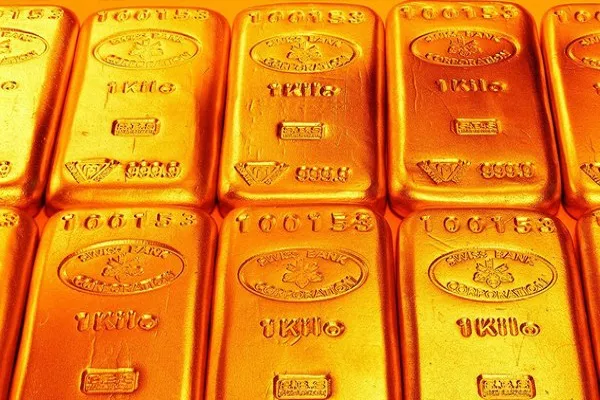Germany’s overseas gold reserves—particularly the portion stored in New York—are once again under political and public scrutiny as former U.S. President Donald Trump returns to the White House.
The Bundesbank, Germany’s central bank, holds 3,352 tonnes of gold—the second-largest national reserve in the world. Roughly one-third of this is stored at the Federal Reserve Bank of New York, an arrangement that dates back to the Cold War, when overseas storage was considered a safeguard against potential Soviet threats.
However, with Trump’s re-election stirring fears of erratic foreign policy, the once fringe call to repatriate Germany’s gold has entered mainstream debate.
From Fringe to Forefront
Historically, demands to bring the gold home were driven primarily by the far-right Alternative for Germany (AfD) party. Now, voices from the political center are echoing the call.
“Trump wants to control the Fed, which would also mean controlling German gold reserves in the U.S.,” said Michael Jaeger, vice-president of Germany’s Taxpayers Federation. “It’s our money. It should be brought back.” The group recently sent formal requests to the Bundesbank and Finance Ministry, citing concerns over Trump’s unpredictable stance on trade, alliances, and monetary policy.
Mainstream Political Shifts
Markus Ferber, a member of the European Parliament representing the ruling Christian Democrats, expressed similar concerns. “The United States is no longer the reliable partner it used to be,” he said. “Trump is erratic, and one cannot rule out that he could come up with creative ways to handle foreign gold reserves.”
Germany’s national broadcasters ZDF and ARD have both aired investigative reports questioning the safety of the nation’s gold in the U.S., reflecting growing public interest in the issue.
Bundesbank Stands Firm
Despite mounting political pressure, the Bundesbank remains firm in its position. “We have no doubt that in the New York Fed we have a trustworthy, reliable partner for the storage of our gold holdings,” the central bank said in a written statement to Reuters.
Germany’s Finance Ministry also deferred to the Bundesbank, emphasizing the institution’s independence. However, even a hint of interest in moving the reserves could send diplomatic ripples, suggesting a lack of trust in the U.S. Federal Reserve.
The European Central Bank has recently voiced support for the Fed, describing it as a dependable institution. Yet Trump’s persistent criticism of Fed Chair Jerome Powell, whose term ends next year, has fueled broader doubts about the Fed’s future autonomy.
History, Legacy, and New Geopolitical Realities
Germany’s gold stockpile is a legacy of its booming post-war exports in the 1950s and 60s. During the Cold War, storing gold in the U.S. was considered a prudent way to protect national wealth and reinforce defense ties with Washington.
Between 2014 and 2017, the Bundesbank repatriated 300 tonnes of gold from New York, describing the move as a way to “build confidence at home.” Peter Boehringer, now an AfD lawmaker and early advocate of the campaign, said his views are finally being validated. “When I started asking about the gold, I was dismissed as a conspiracy theorist,” he said. “Today, after Trump, my concerns are widely shared.”
Geopolitical Turmoil and Diversification Pressures
Russia’s invasion of Ukraine has added urgency to Germany’s reassessment of its strategic asset placement. While the Soviet threat that justified overseas storage has receded, new global tensions are challenging the logic of centralized gold holdings.
Ferber argues that diversification is key. “For gold reserves, having all eggs in too few baskets is never advisable,” he noted, though he stopped short of suggesting new storage locations.
Currently, Germany’s gold is split among the Bundesbank headquarters in Frankfurt, the Federal Reserve Bank of New York, and the Bank of England in London.
A Divided Debate
Not all politicians agree that action is necessary. Fritz Güntzler, a Christian Democrat in the Bundestag, said, “I have no reason to mistrust the Fed.” Still, he emphasized the need for the Bundesbank to continue regular inspections of foreign-held gold.
The Bundesbank says it already does so, having physically inspected 13% of its New York-held gold over the years, with ongoing sample checks in place.
Nevertheless, in a world where global alliances are shifting and political leadership is increasingly unpredictable, Germany’s gold—long a symbol of stability and sovereignty—is once again at the center of strategic debate.


